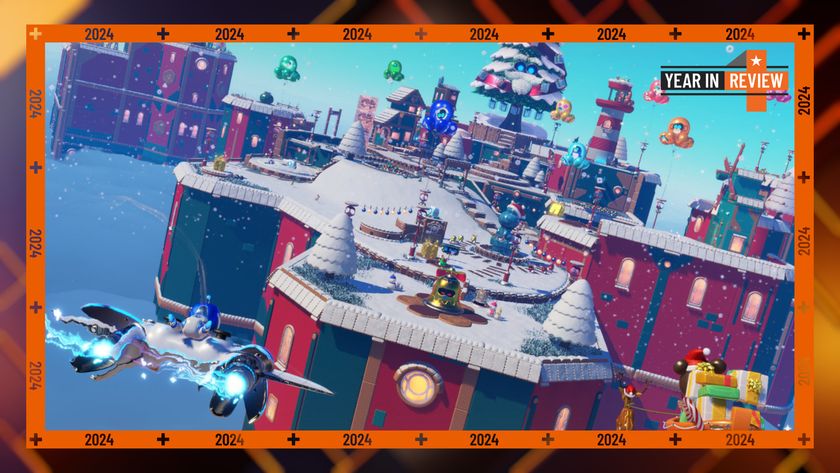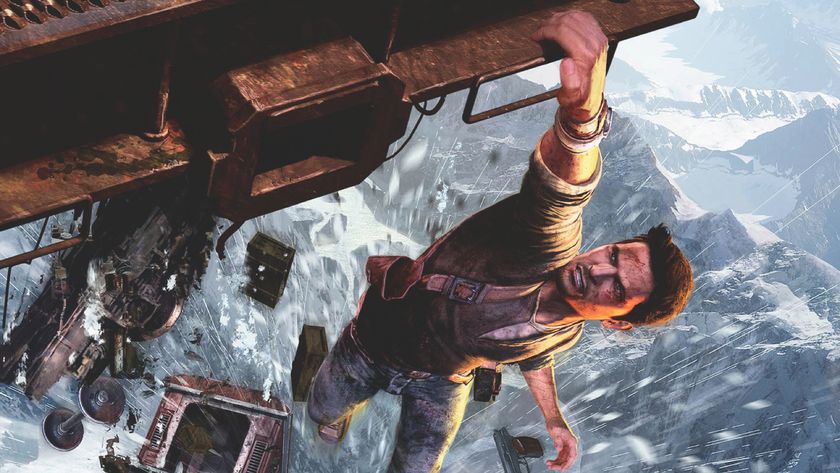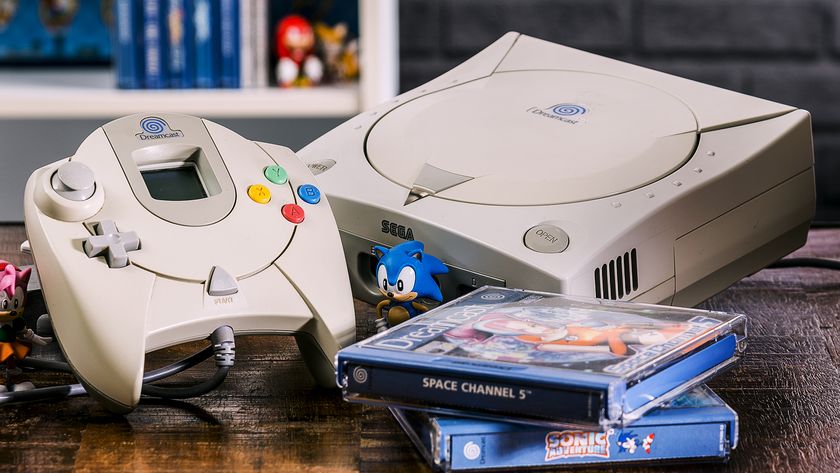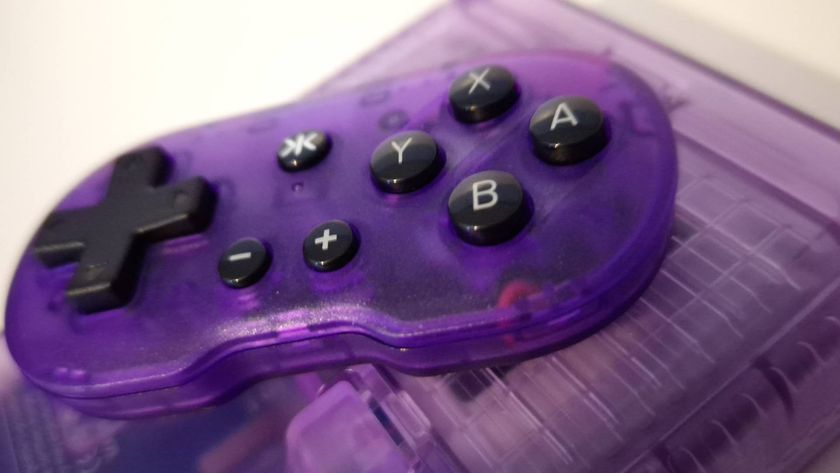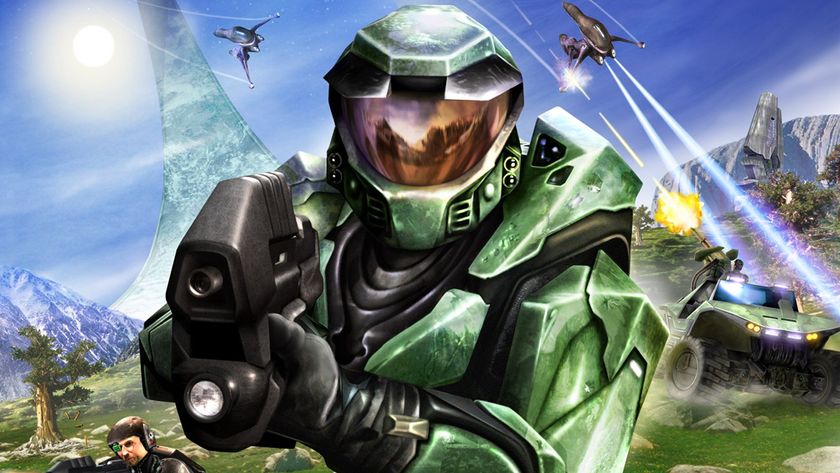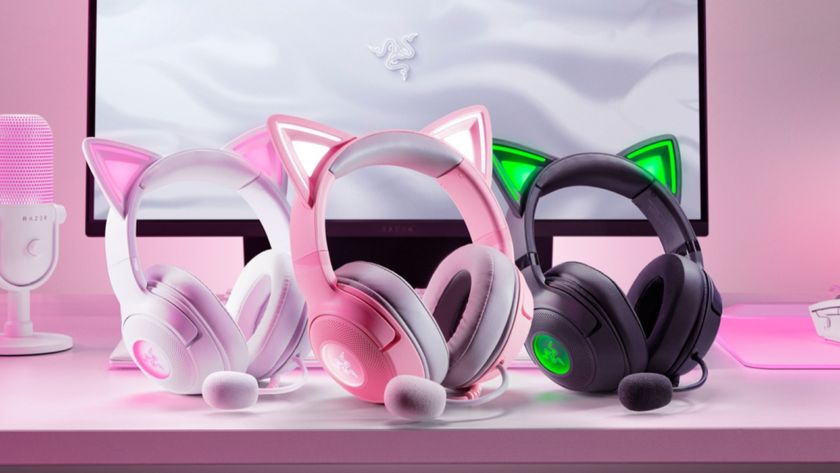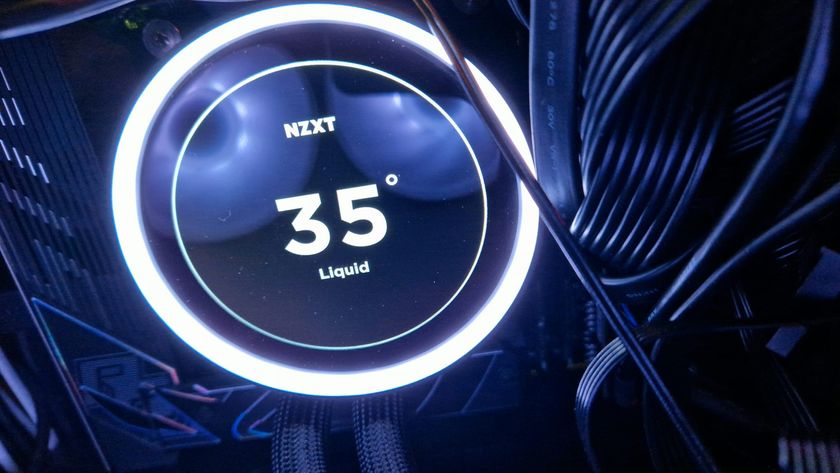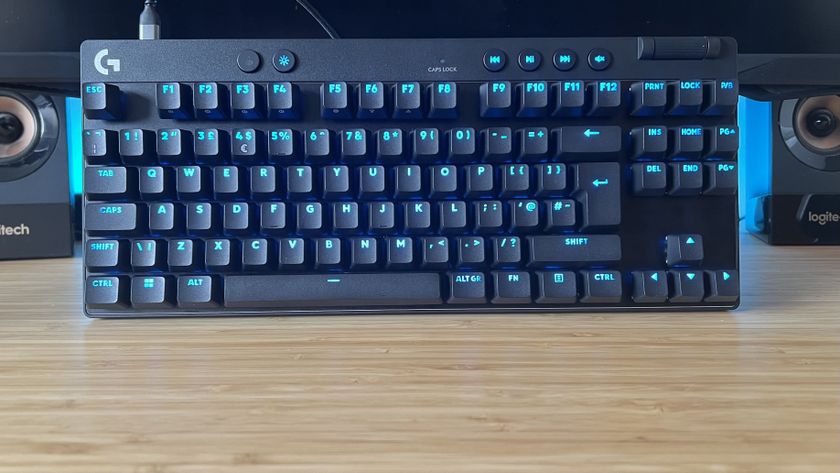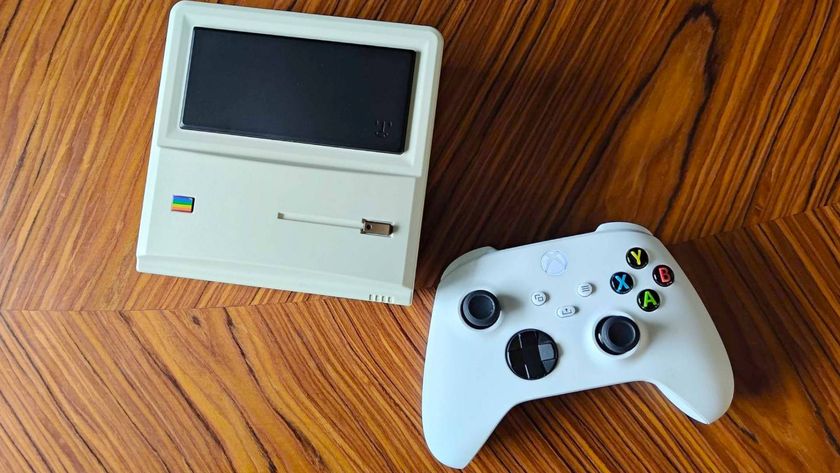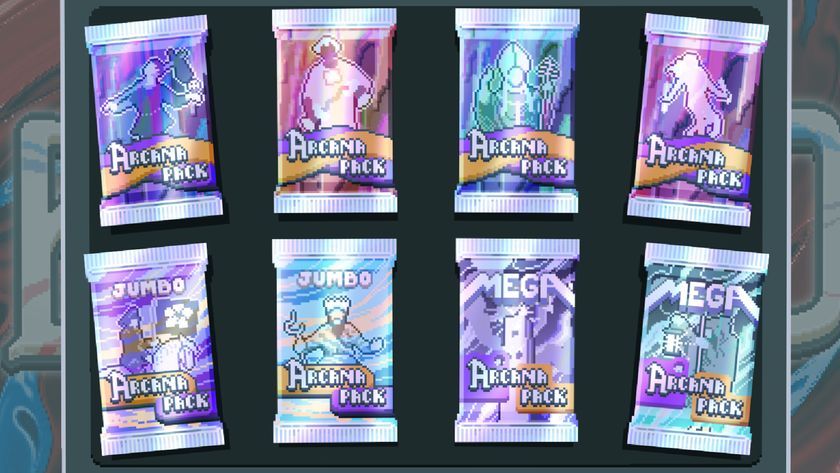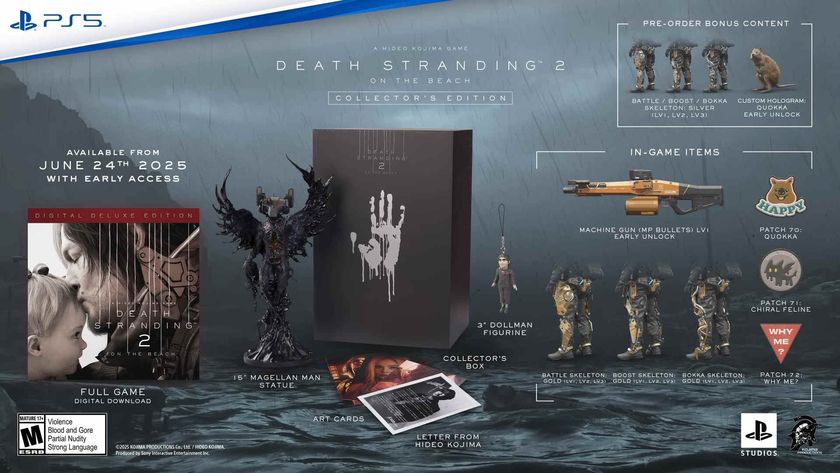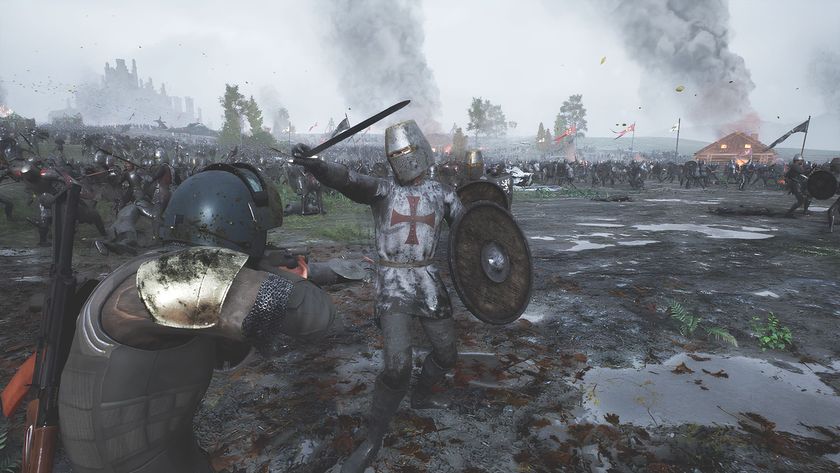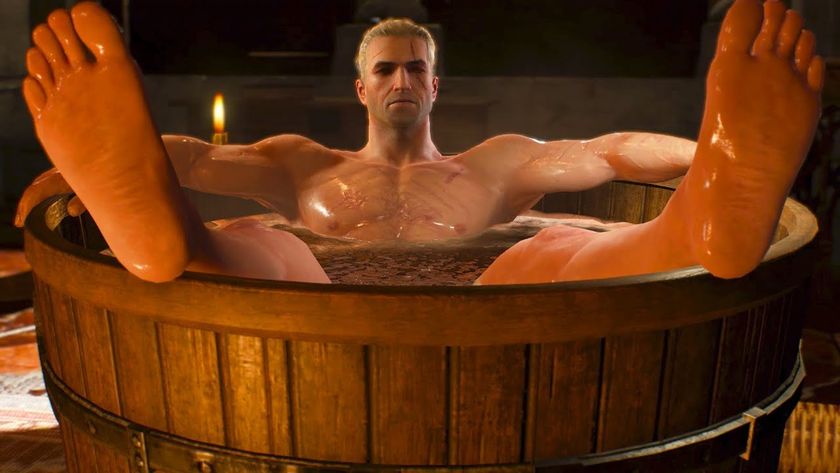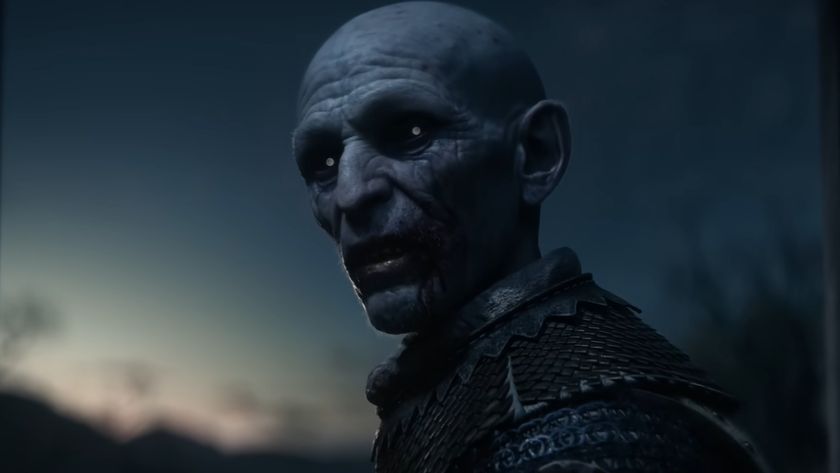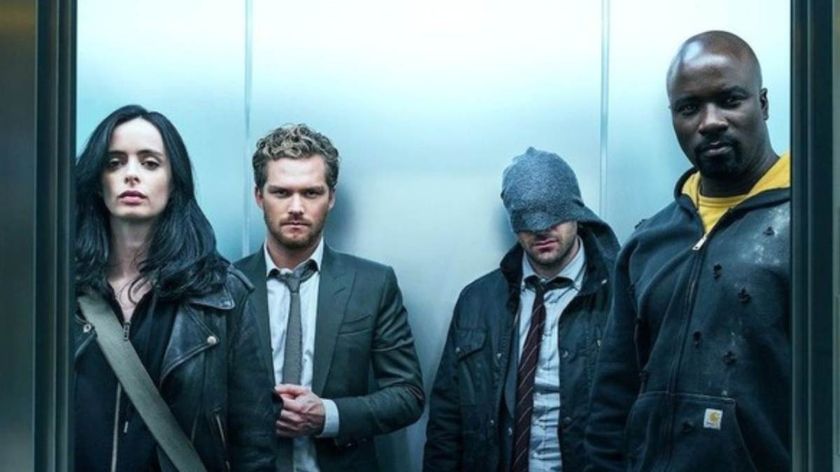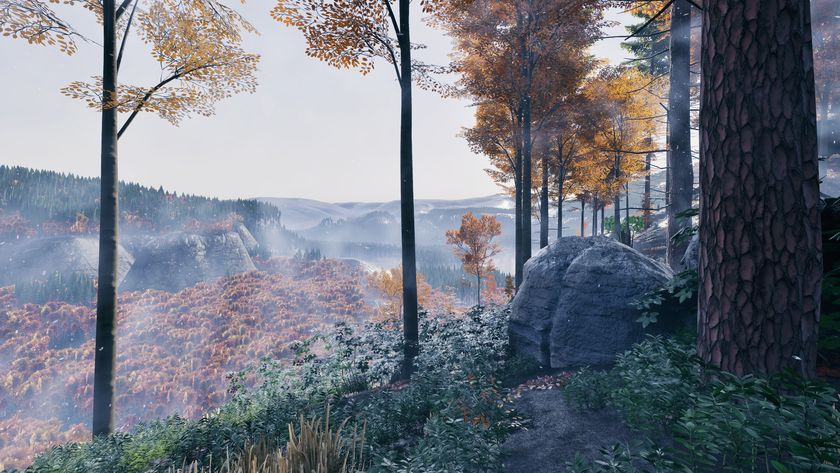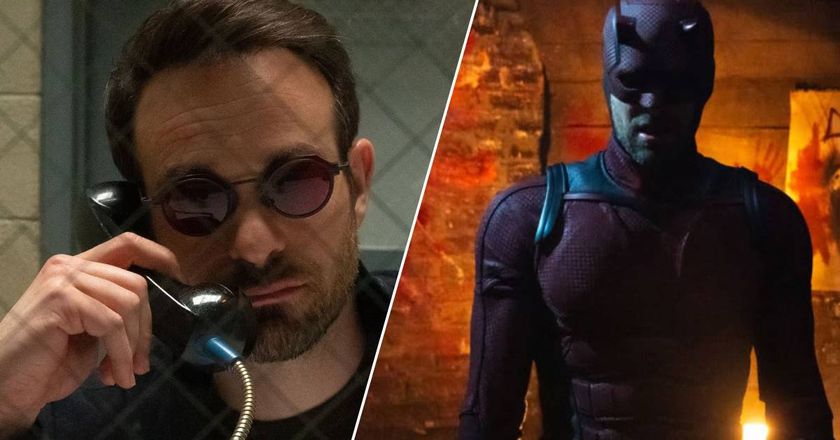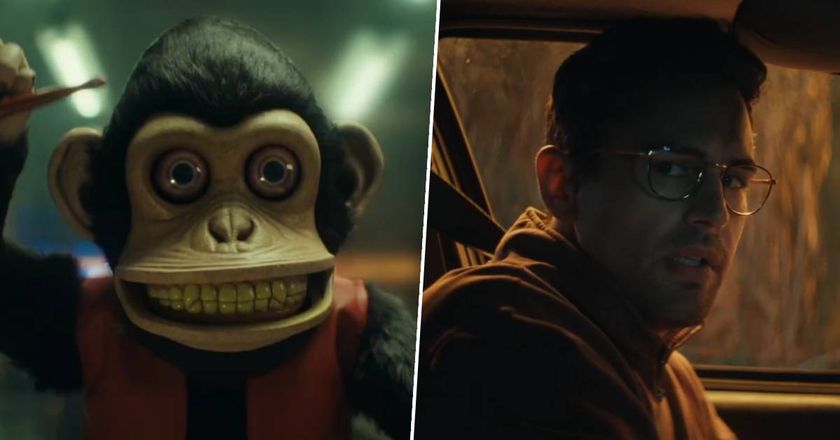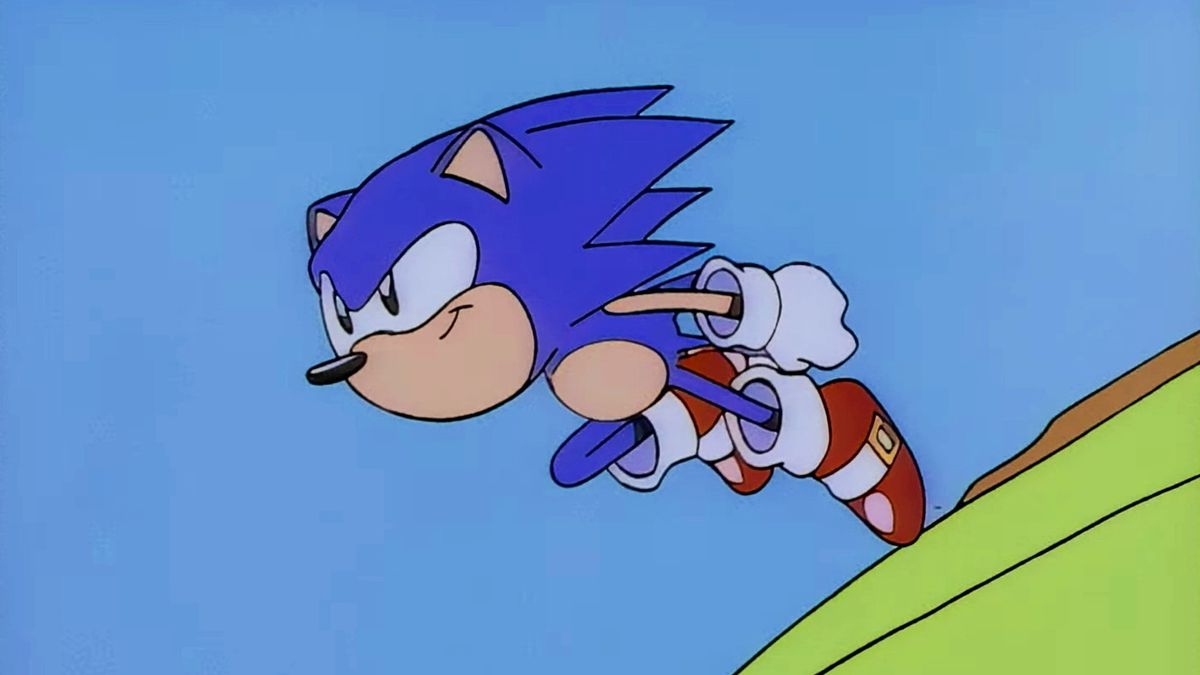
Newly-published documents highlight the gradual decline of Sega's console production as it struggled to compete against Sony.
A 272-page collection of documents, shared by Sega Retro, features 1996 financial results and sales records from Sega of America, as well as comments from company leaders about the state of the industry and the newly-released Sega Saturn. Despite a strong game library, the Saturn struggled constantly against the new PlayStation, which was the younger and cheaper console.
The collection features Sega's efforts to overcome those struggles. In one email, then-CEO Tom Kalinske said that in Japan, "we are killing Sony. In every store, Saturn hardware is sold out and there are stacks of PlayStation. The retailers commented they can't compare the true sales rate because Saturn sells out before they can measure accurately."
As Kalinske notes, however, that success in Japan wasn't matched in the US, where Sony massively outsold Sega throughout the mid-90s. As the documents move to cover brand reviews of the Saturn and other Sega consoles, it becomes clear that the company was struggling across the board. Consoles weren't making enough money, and much of the blame seems to fall on Sega's sports games.
This is huge. A 272-page PDF of classified Sega of America docs from ~1996 was just posted online.There is so much info here that it's almost overwhelming. Manufacturing costs, retail margins, sales, product strategies, emails, etc.https://t.co/2XWbpu9QdK pic.twitter.com/akhxdK7fwdJuly 3, 2023
Sports are a recurring theme throughout the documents, but Sega appeared in no position to compete with EA and Sony. One slide suggests the company only employed 11 people to develop and market sports titles, while its competitors' teams were several times bigger. The result was games that launched out-of-step with the seasonal 'sweet spots' for franchises including the NBA, NFL, and NHL. One highlight is the description of an NFL game that was six months behind schedule and of such low quality that it would "damage the Sega brand if released."
In its own brand review, Sega noted that the PlayStation was perceived as a cheaper console with better-looking games, better marketing, and a bigger budget behind it. Sega's attempts to catch up would include better TV advertising and sports games that actually launched at the right time of year, but after the release of the N64 in 1996, the company had little opportunity to turn its fortunes around. While the Saturn's successor, the Dreamcast, got off to a decent start, the strength of Sony meant that the PS2 dominated, and by 2001 Sega had entirely withdrawn from the console war.
It's a fascinating insight into the realities of running a major game publisher, and I can't help but think of Xbox's position on the back foot in the current industry - how similar are these conversations to those happening at Microsoft over the past few years?
Sign up to the 12DOVE Newsletter
Weekly digests, tales from the communities you love, and more
Elsewhere, the documents are a fascinating time capsule, and I'm struck by the age and status of some of these games. Sega discusses its official tie-in with Disney's 101 Dalmations film, suggests that it's hurting from a $250 price tag that's considered too expensive, and is skirting around the earliest days of franchises like Resident Evil and Need for Speed. The full 272-page collection is a bit dense, but this is definitely a treasure trove for retro fans.
For a look at how we think it played out, here's our list of the best retro consoles.

I'm GamesRadar's news editor, working with the team to deliver breaking news from across the industry. I started my journalistic career while getting my degree in English Literature at the University of Warwick, where I also worked as Games Editor on the student newspaper, The Boar. Since then, I've run the news sections at PCGamesN and Kotaku UK, and also regularly contributed to PC Gamer. As you might be able to tell, PC is my platform of choice, so you can regularly find me playing League of Legends or Steam's latest indie hit.
